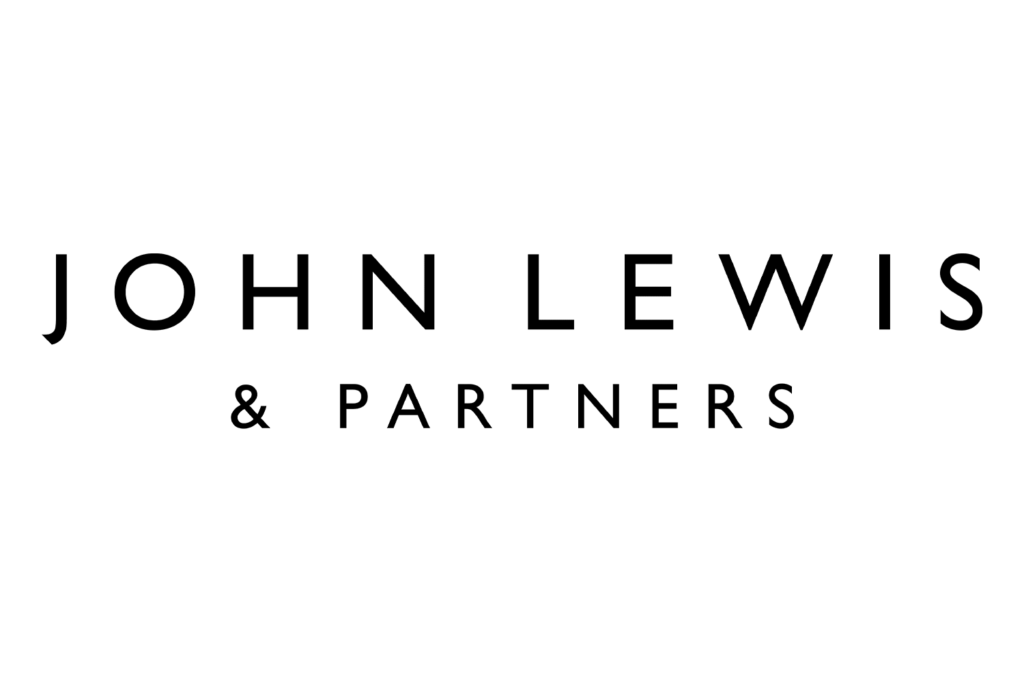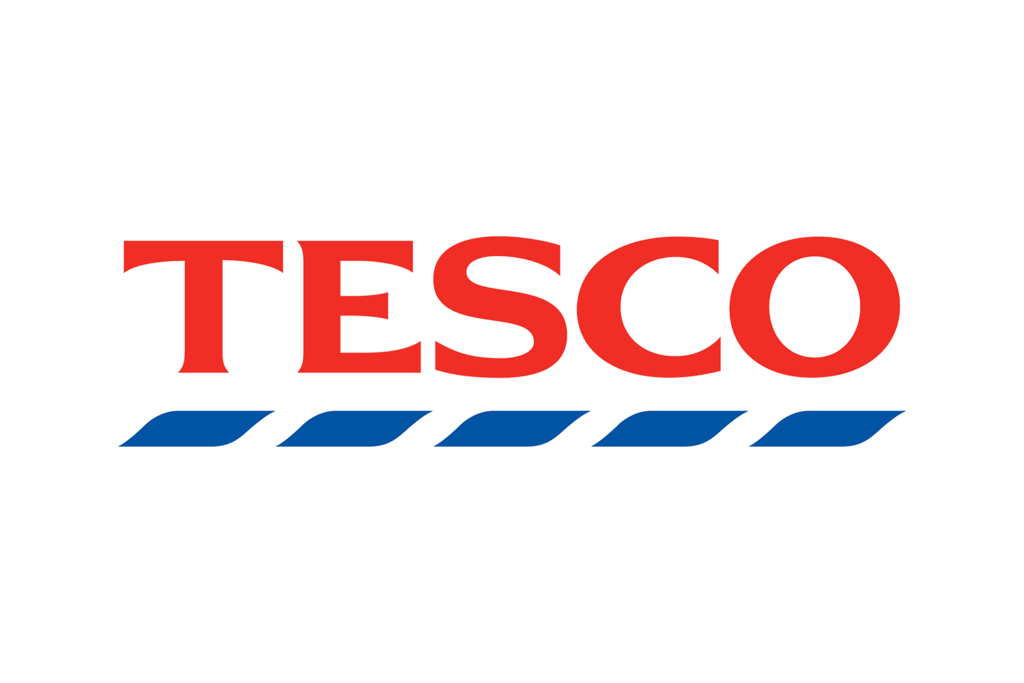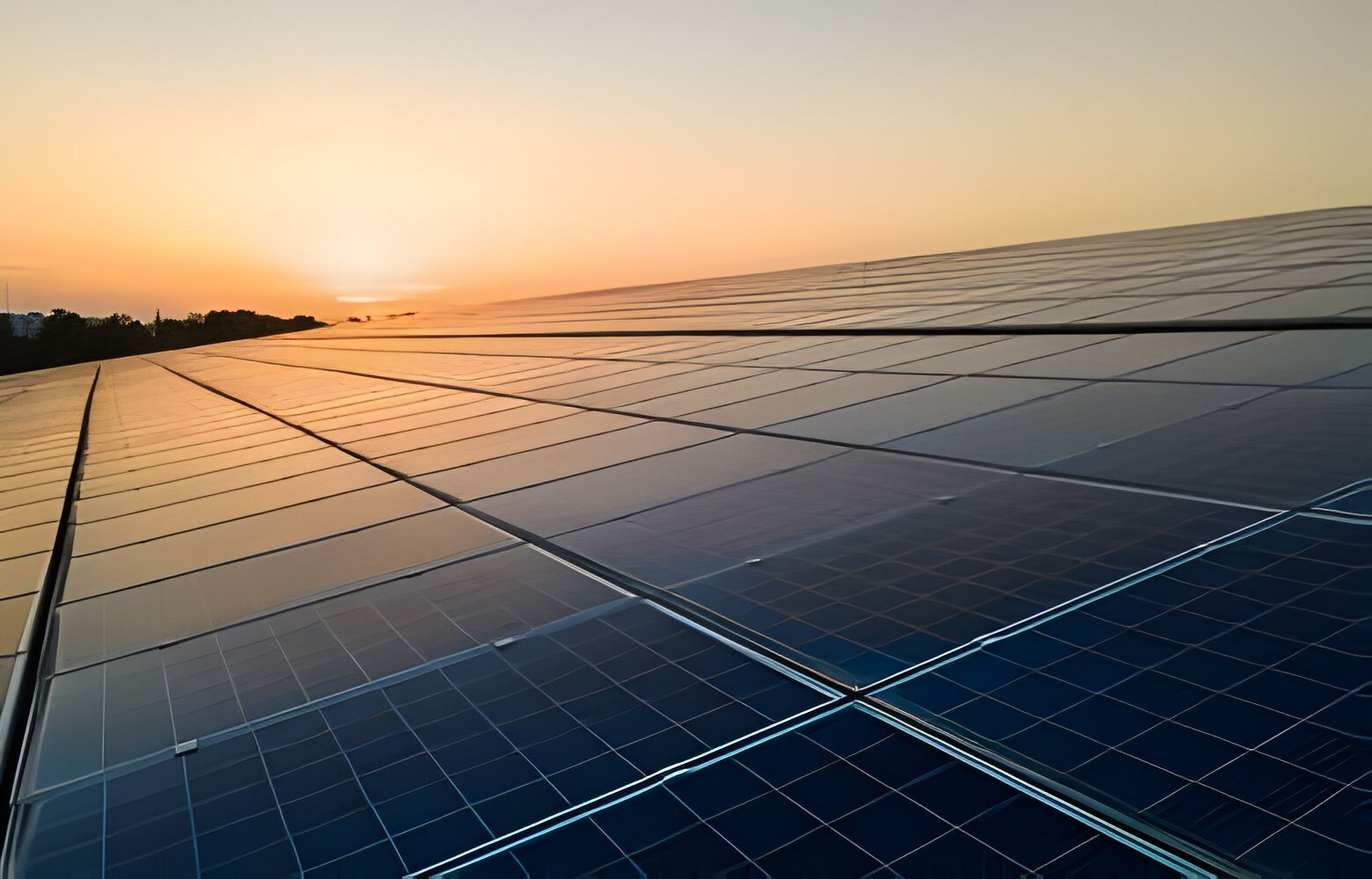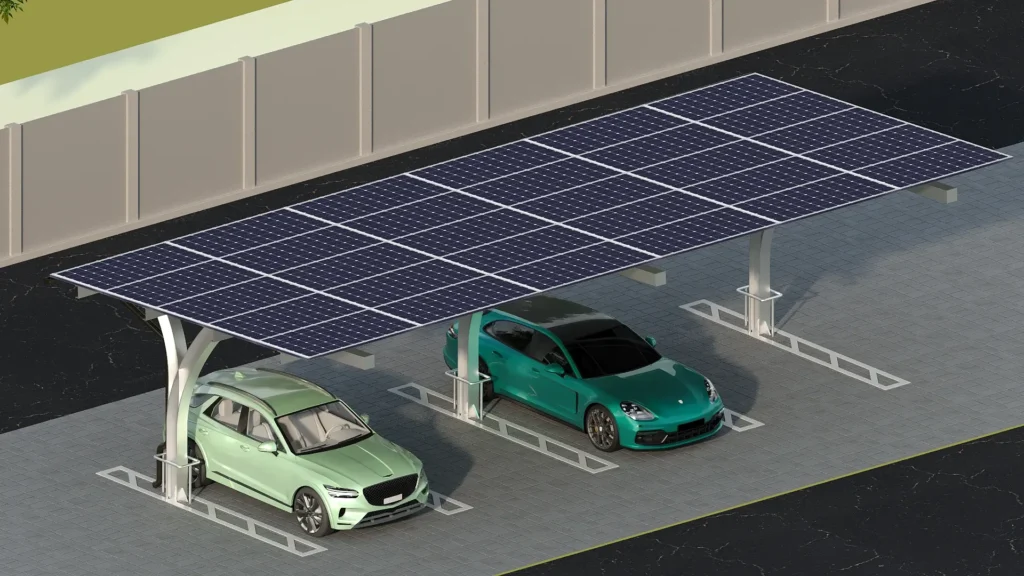As the UK fast-tracks its commitment to sustainable energy solutions, solar power is pivotal in transforming business operations. More UK companies are adopting solar technology to cut costs, reduce carbon emissions, and take advantage of government tax incentives. This article explores why UK businesses are switching to solar energy and how it contributes to financial savings, carbon reduction, and long-term sustainability goals.
Cutting Business Costs
A recent study by Solar Energy UK highlights that commercial properties utilising solar panels can slash their electricity bills by as much as 75%. This is not just a cost-saving measure but a significant boost to businesses’ financial resilience.
By switching to solar, UK companies are cutting overheads and making a strategic investment that provides immediate and long-term returns. At a time when energy prices are volatile, solar power offers a stable and predictable alternative, helping businesses plan better for the future.
The Role of Solar in the Net-Zero Strategy
The UK boasts 15GW of installed solar capacity—a vital step towards the government’s 40GW target by 2030. However, with a pressing need to accelerate solar adoption, businesses nationwide are being called upon to play a leading role in shaping the UK’s energy future.
Solar energy is a virtually infinite resource—every year, the sun delivers 8,000 times more energy to the Earth than the entire globe consumes. With this enormous potential, UK businesses have a unique opportunity to harness solar power to reduce costs and contribute meaningfully to national carbon reduction efforts, and the Government offers tax breaks today.
Solar Independence and Grid Resilience
Beyond cost savings, solar power offers UK businesses greater independence from the national grid, particularly in areas where infrastructure is ageing or under pressure. The UK’s national grid, established initially in the 1930s, may not always be able to meet modern energy demands in all regions. Solar power provides a solution, enabling businesses to develop microgrids that offer reliability, resilience, and energy security, even in areas where traditional grid infrastructure struggles.
Real-World Success Stories




Several prominent UK institutions and companies are already demonstrating the tangible benefits of solar power. For example, the BBC’s solar installation produces 822,600 kilowatt-hours (kWh) annually, saving more than 174,663 kilograms of CO2 in its first year alone. The solar carport project, featuring 448 modules across 40 parking spaces, generates enough electricity to power over 20 average UK homes.
Several prominent UK institutions and companies are already demonstrating the tangible benefits of solar power. For example, the BBC’s solar installation produces 822,600 kilowatt-hours (kWh) annually, saving more than 174,663 kilograms of CO2 in its first year alone. The solar carport project, featuring 448 modules across 40 parking spaces, generates enough electricity to power over 20 average UK homes.
Retail giants like John Lewis and Tesco have increased solar adoption. John Lewis produces over 10 million kWh annually from solar carports, while Tesco exceeds 20 million kWh yearly. These figures underline the feasibility of large-scale solar solutions for UK businesses, proving that solar can more than meet—and surpass—energy demands.
Conclusion: The Path to a Sustainable Future
The financial benefits of solar power are undeniable, but the environmental advantages are just as compelling. UK businesses are crucial in reducing carbon emissions and advancing the country’s net-zero ambitions. Solar power is not just a trend; it is a transformative force reshaping how businesses approach energy consumption and sustainability.
Solar energy offers a practical and cost-effective solution as the UK moves toward a net-zero future. By investing in solar today, businesses can reduce energy costs, improve their financial resilience, and contribute to a greener, more sustainable future.
The sun’s abundant energy is waiting to be harnessed.
The question is no longer if businesses should adopt solar—it’s when.



